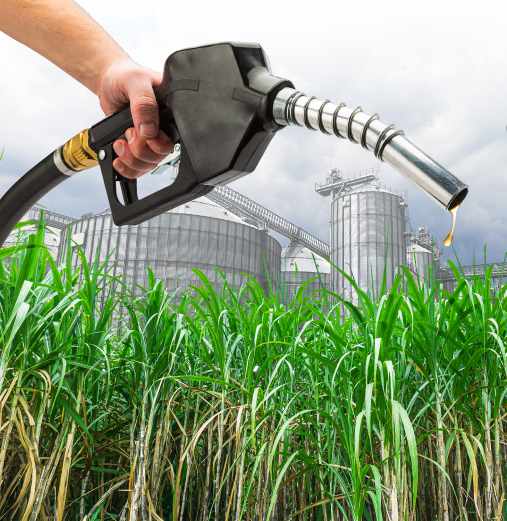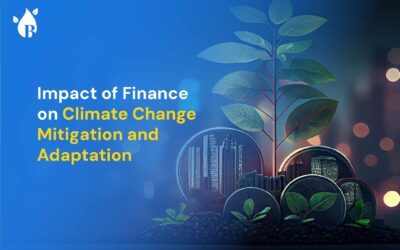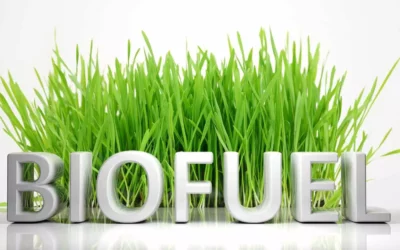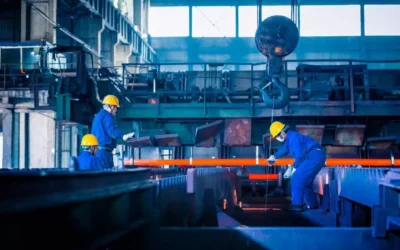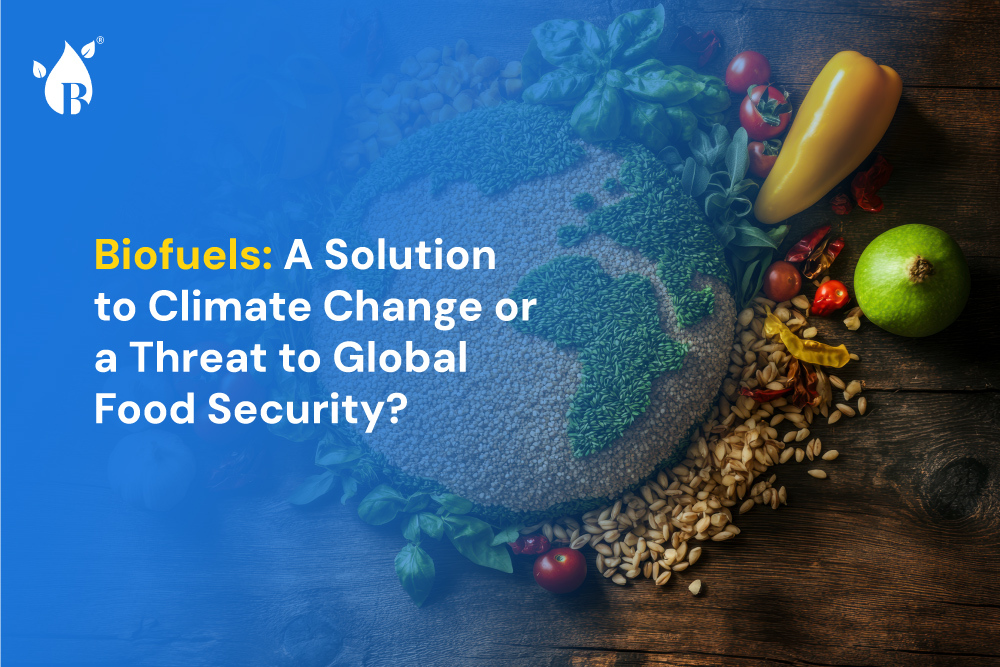
- Food availability
- Food access
- Food utilization
- Stability of these three dimensions over time
The Relationship Between Food Security and Biofuels
Impact of Biofuels on Food Security in the Real World
The Solution: Second-Generation Biofuels
Second-generation biofuels use non-food crops. Some of them are agricultural residues, forestry waste, or municipal solid waste. These do not compete with food production and are sustainable. At Buyofuel, we encourage the usage of second-generation biofuels. Governments and private companies are investing in R&D of these biofuels to reduce their negative impact on food security.
Ready to explore the world of biofuels and their impact? Visit Buyofuel, the leading online marketplace for buying and selling biofuel in India. Take a step towards a sustainable future and support the transition to cleaner energy sources. Start making a difference today!

